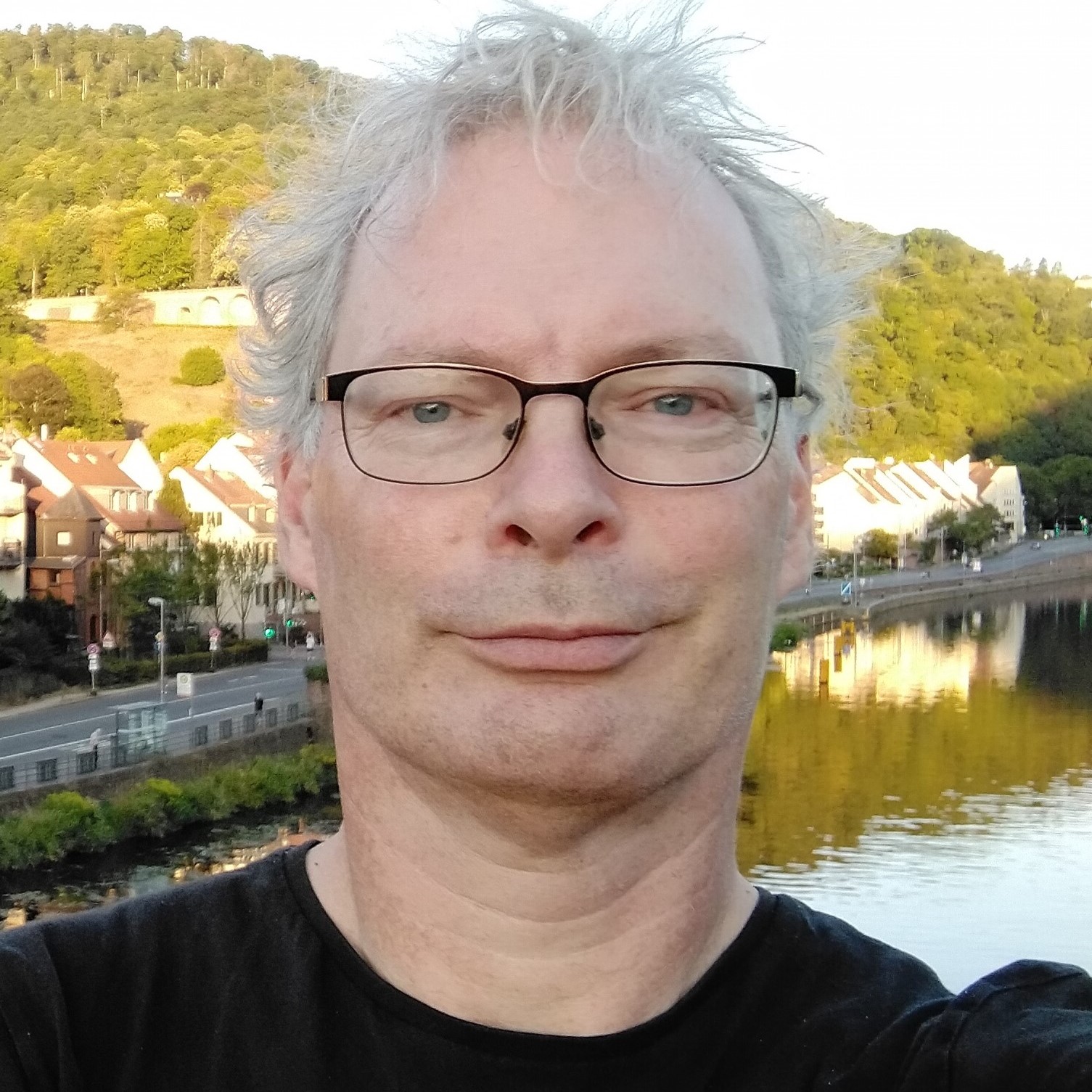First European Workshop on Argumentation and Uncertainty (ArgU'25)
Workshop colocated with ECSQARU 2025, Hagen, Germany
Formal models of argumentation are approaches that deal with the representation and interaction of arguments and counterarguments. These models can be applied in all areas that benefit from automatic decision-support such as medicine, accounting, chemistry, and law. Besides, AI systems need to handle uncertainty in many ways, for instance regarding the quality of data it uses, or the reliability of sensors, information sources, etc. Links between formal argumentation and uncertainty have been emphasized in many ways, since argumentation-based formalisms can be used to provide reasoning methods in presence of uncertainty, and they are also subject to the presence of uncertainty (for instance regarding the evolution of a debate, or the strength of arguments). This workshop aims at discussing the most recent advances in the relation between argumentation and uncertainty, notably papers focusing on:
- Argumentation for dealing with uncertain information,
- Argument Strength,
- Uncertainty in argumentation,
- Approximate algorithms for argumentation.
 We are happy to announce the keynote talk of
We are happy to announce the keynote talk of